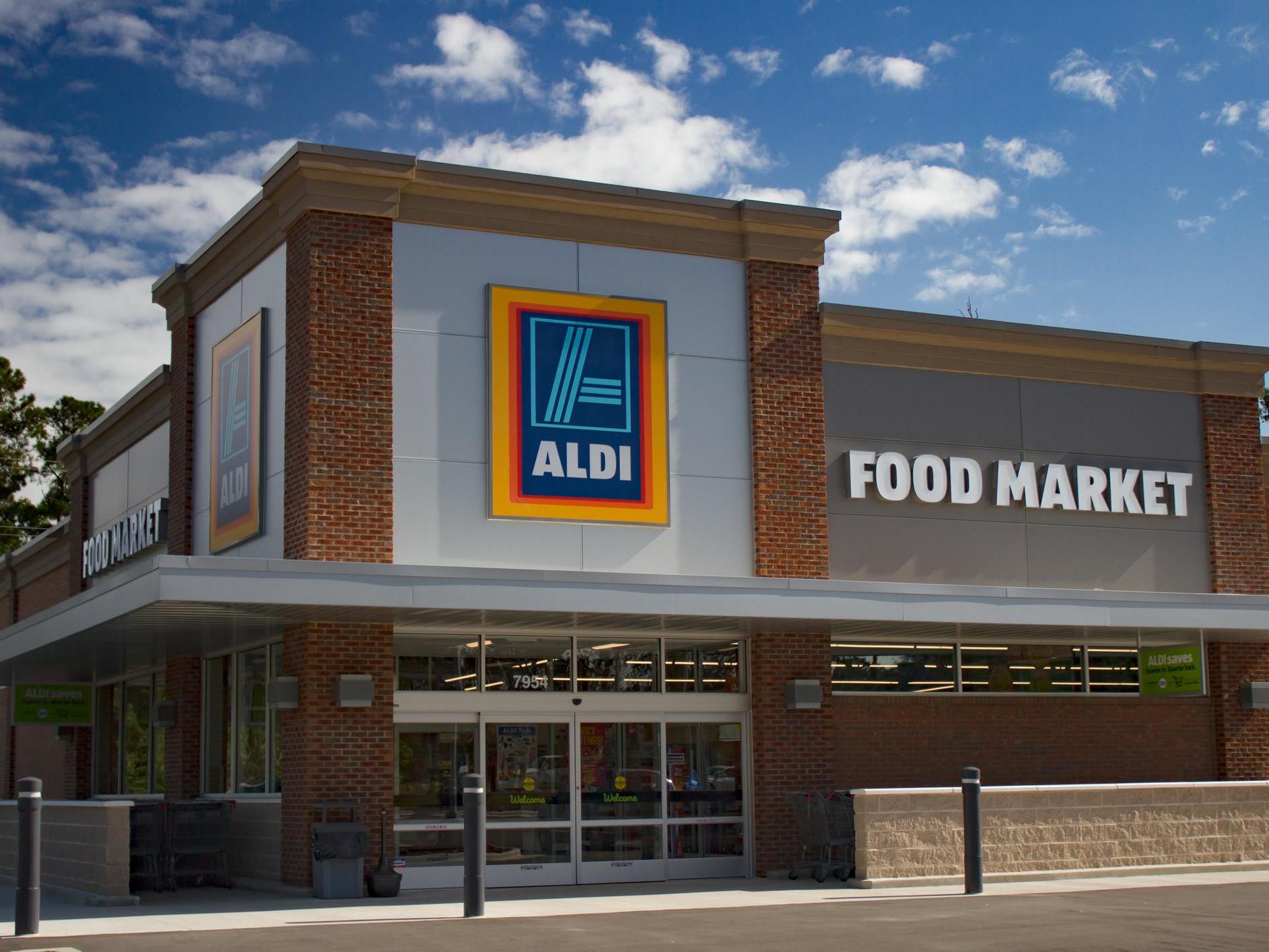Aldi adds deliveries in tie-up with Deliveroo. But there’s a catch
Aldi’s rates of pay are pretty good, as supermarkets go. The riders who deliver orders, however, are freelance gig economy workers. What happens if they get sick, asks James Moore


One of the more eye-catching business developments during the pandemic has been Aldi’s move into grocery deliveries (prior to the novel coronavirus, its online offer was limited to booze and general merchandise) with the launch of a food box filled with essentials, similar to those several supermarket groups have trialled.
The German discounter has now taken that a step further, partnering with Deliveroo to offer picked orders for the first time.
It’s very much a case of baby steps. There’s just one store in Nottingham participating, with a further seven, also in the East Midlands, set to join in June. The range of goods on offer is also quite limited. It’s a significant move nonetheless.
The model used by Aldi, and Lidl, to disrupt the UK grocery market, and those across Europe, rests on offering a tight range of ultra low-priced products in mostly medium-sized stores, supplemented by an ever changing range of seasonal specials, including the general merchandise found in the pair’s (in)famous middle aisles.
The formula has proved wildly successful but the most recent set of figures from market researcher Kantar have shown that the pandemic is proving challenging, particularly in the case of Aldi.
While the latter’s sales grew handily (which was true of the entire sector) its market share, on the rise for the best part of a decade, was flat.
The real action was among smaller convenience stores (their sales grew by a staggering 40 per cent) and online, which rose to 10.2 per cent for the four weeks ending 19 April from 7.4 per cent in the prior month’s survey. The demand was so hot it pushed online specialist Ocado to the limit (infuriating a lot of its most loyal subscription-paying customers in the process).
Demand among older shoppers, who are also those most at risk from Covid-19, has proven to be particularly strong.
This coronavirus mandated change in shopping habits potentially poses a dilemma for Aldi, which has been aggressively throwing up new stores, if it becomes permanent. It doesn’t have much of a presence either online or in convenience.
So the partnership with Deliveroo, which has also been ferrying product from some Co-ops to people’s doors, will merit careful scrutiny.
It mightn’t look like something that’s going to frighten the big guns in the market, a Tesco or even an Ocado, as things stand.
But the traditional grocers didn’t pay much attention when Aldi opened its first British stores. Within a few short years it had reached critical mass and they were waving goodbye to operating margins of 5 per cent or more as they scrambled to respond. These days they’re doing well to get half that. Aldi has proven itself to be a very smart business. If it can make the trials work, then watch out.
Don’t, however, imagine that the new venture is risk-free.
The chief challenge could prove to be reputational.
Aldi made a big noise at the beginning of the year by handing its staff pay rises of more than 3 per cent. Hourly rates of £9.40 an hour, £10.90 within the M25, made the discounter Britain’s best paying supermarket when the announcement appeared. It’s also generated positive PR during the pandemic through offering staff protective equipment.
Deliveroo’s riders are, by contrast, self-employed gig workers. The conditions they operate under, and the rates of pay they can achieve, have proven highly controversial, with good reason.
The in-store pickers charged with putting customers orders together are entitled to holiday pay, breaks and especially sick pay, which has never been more relevant. They therefore have a much better gig than the people who’ll deliver the groceries.
That’s not true of Tesco or Sainsbury’s or Ocado, and it’s something shoppers might care to consider before jumping in.
Join our commenting forum
Join thought-provoking conversations, follow other Independent readers and see their replies
Comments